Analyzing Tesco's Cultural Challenges in China: Business Report
VerifiedAdded on 2023/06/10
|8
|442
|440
Report
AI Summary
This report examines the cultural challenges faced by Tesco as it establishes its business in China, utilizing Hofstede's Cultural Dimensions Theory to understand the cultural differences between the two countries. It identifies key areas of concern, including power distance, collectivism versus individualism, uncertainty avoidance, masculinity versus femininity, and short-term versus long-term orientation. The report recommends strategies to mitigate these challenges, such as reducing power distance through decentralized decision-making and aligning individual employee goals with organizational objectives. In conclusion, the report provides insights and recommendations to aid Tesco in navigating the cultural complexities of the Chinese market.
1 out of 8

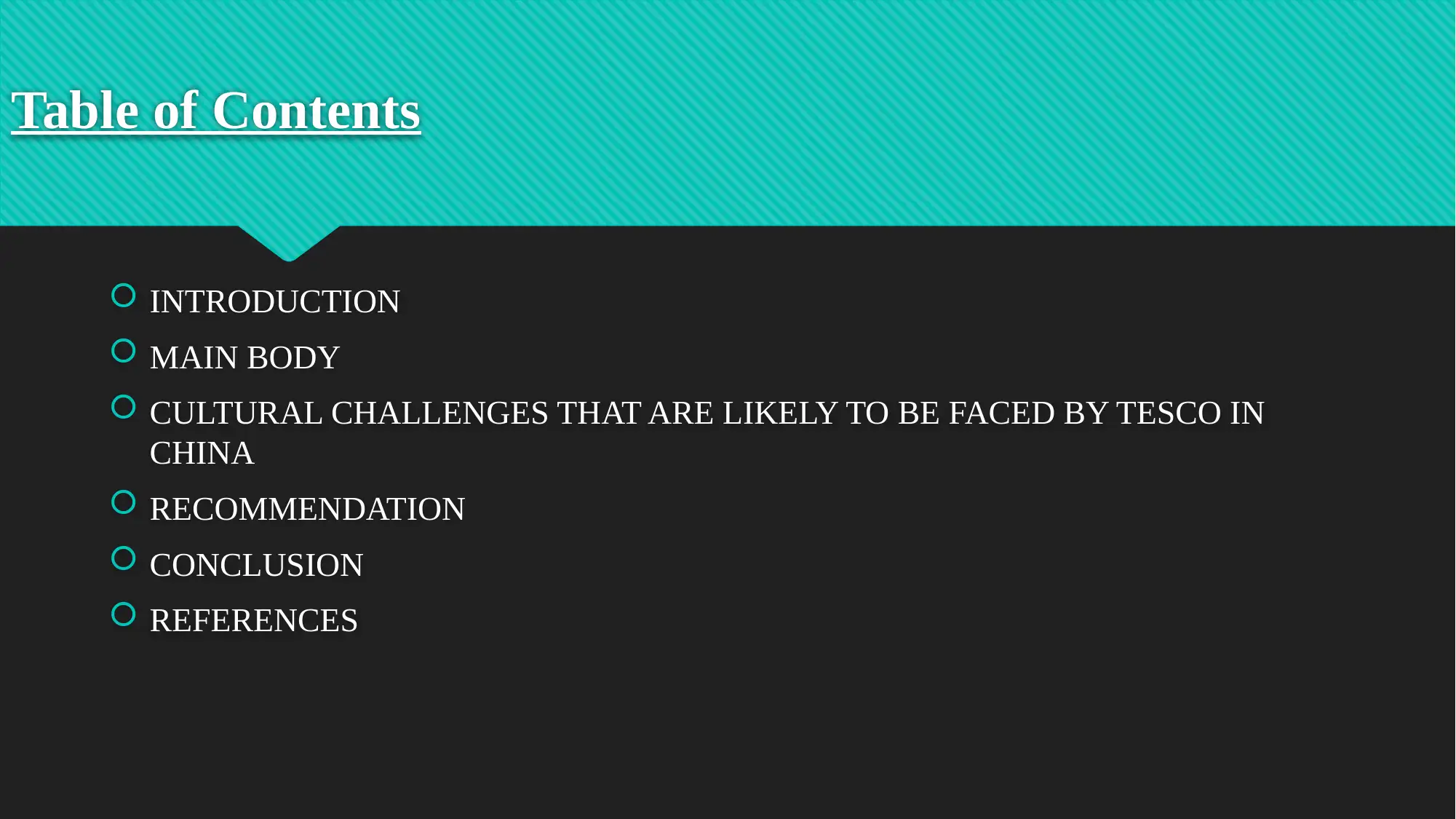
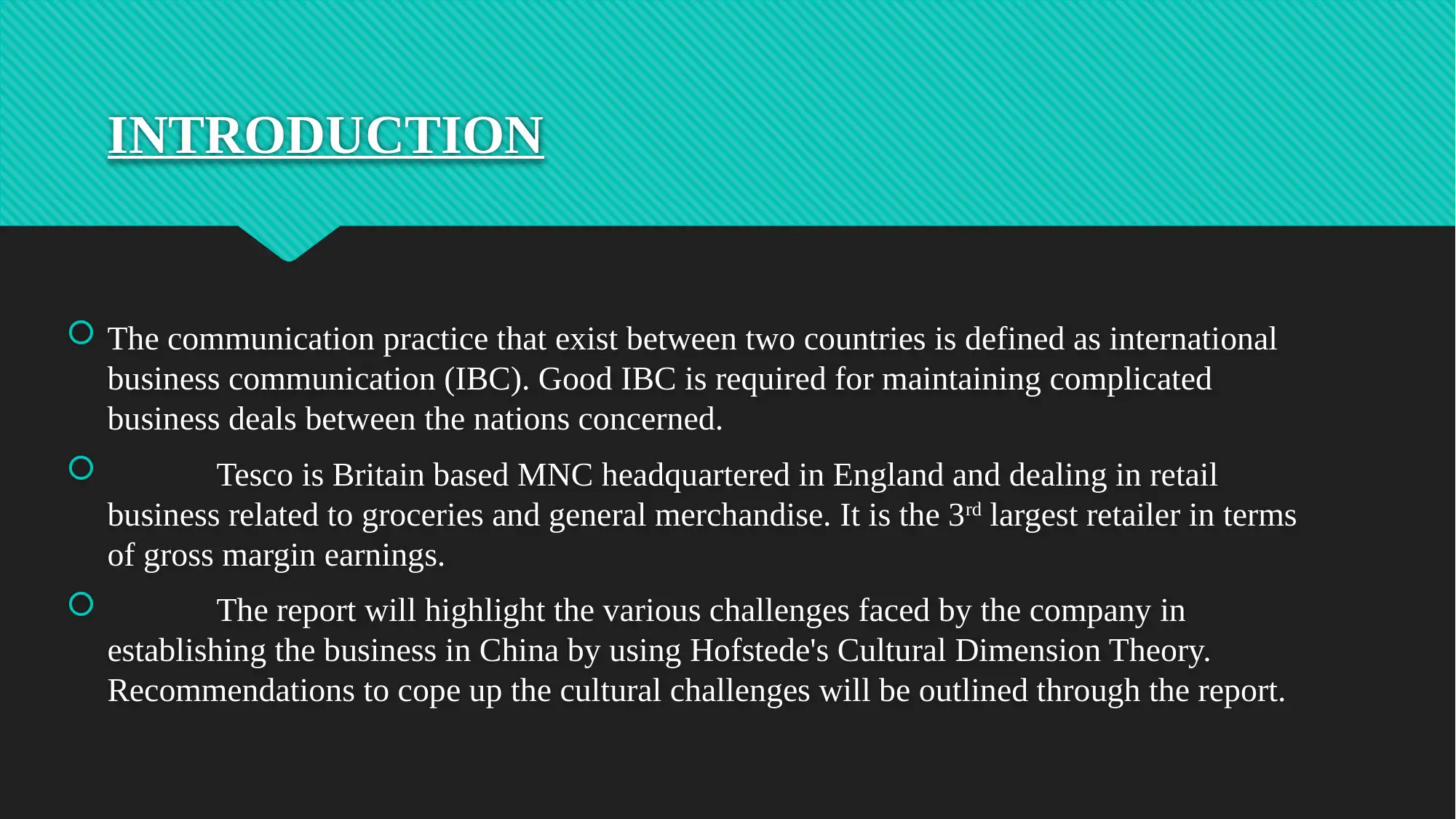

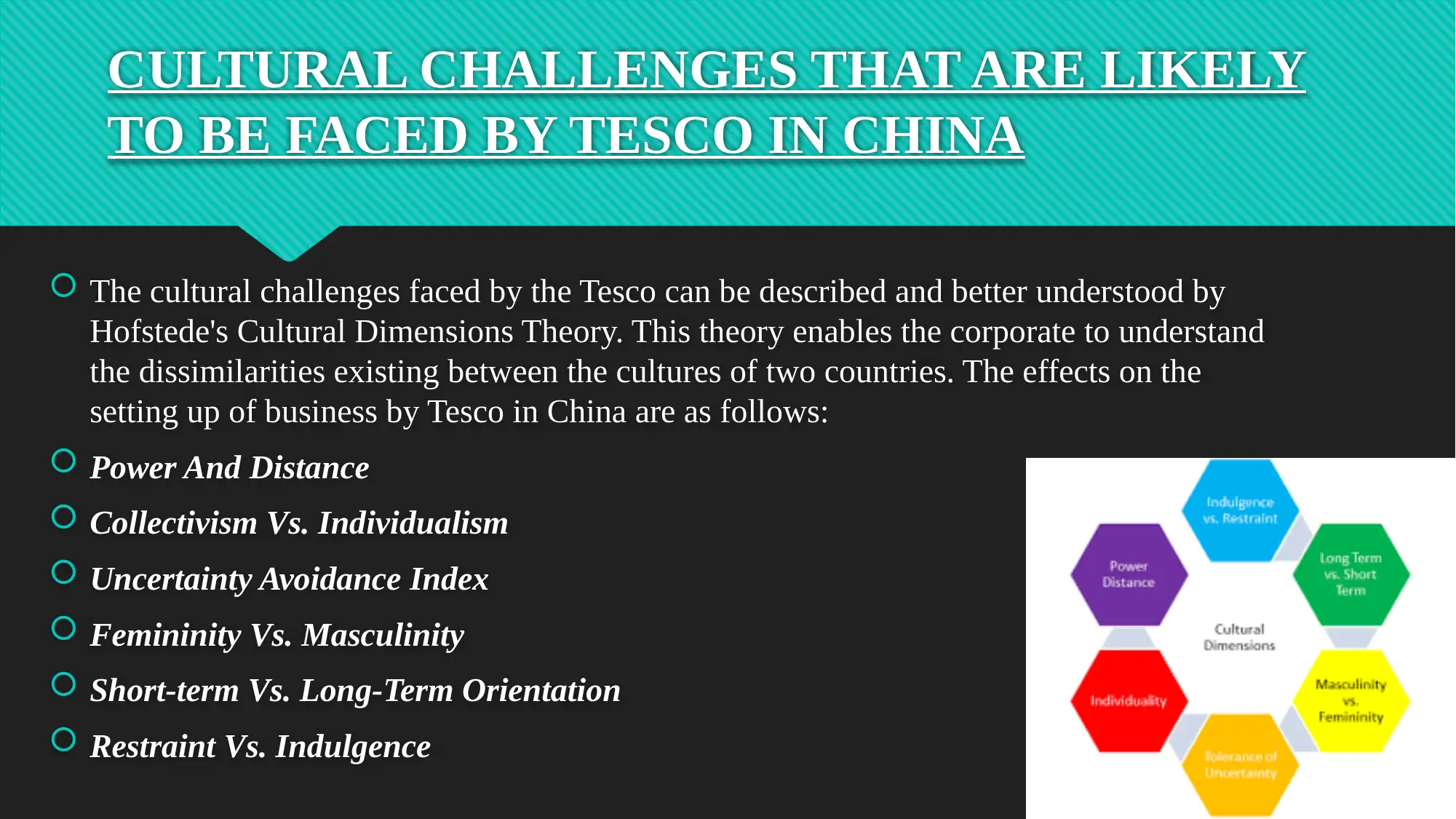
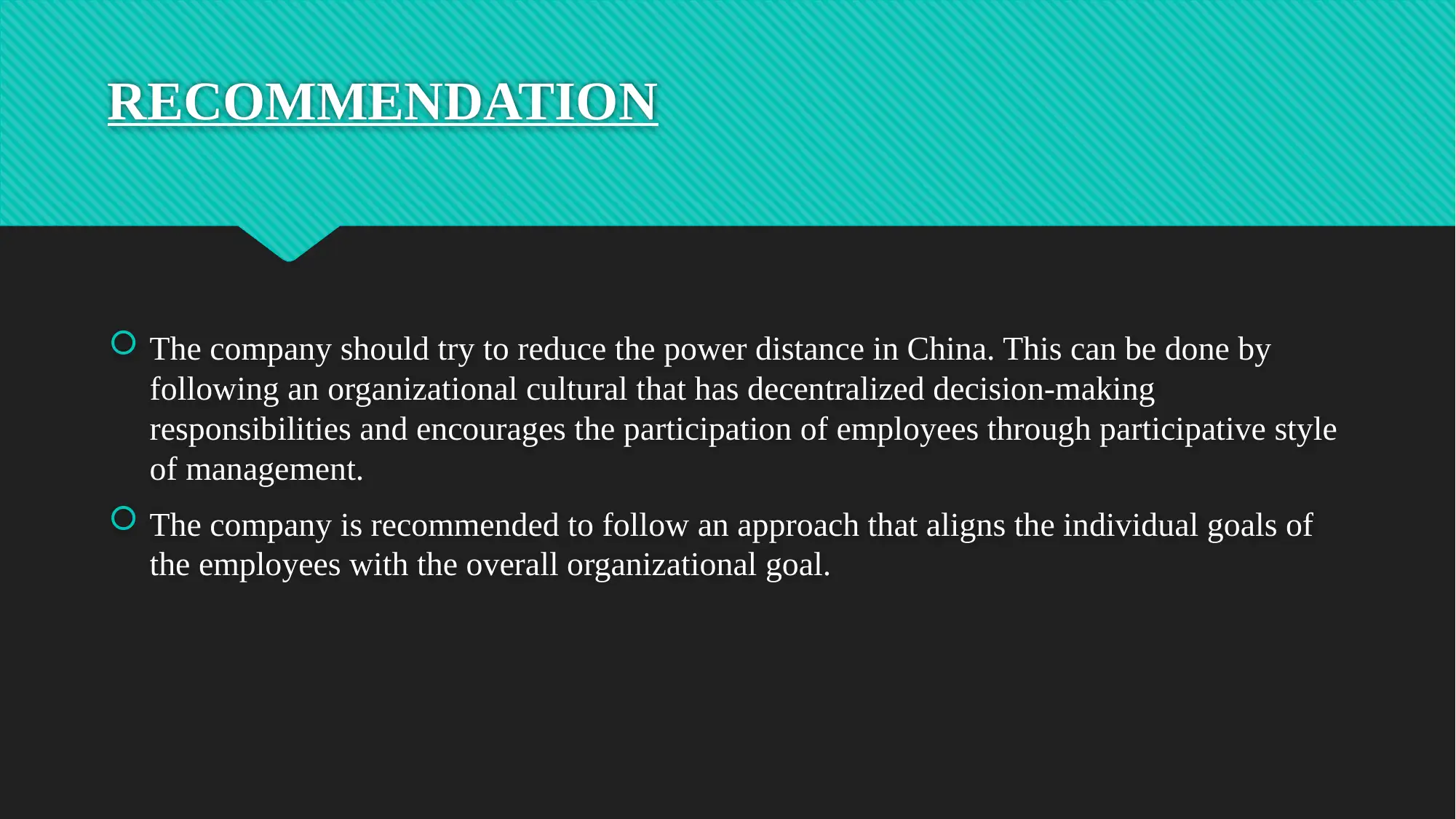
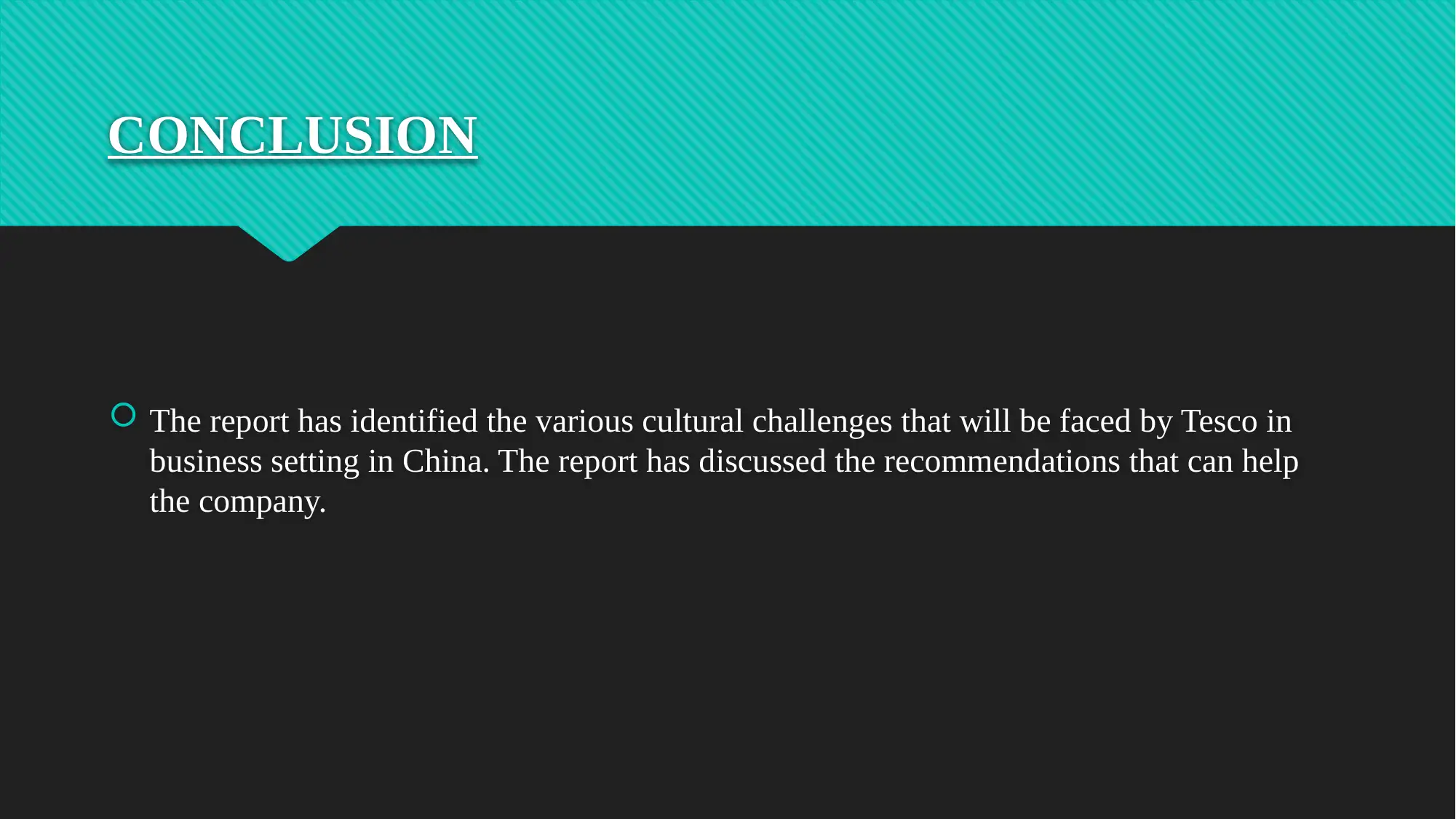
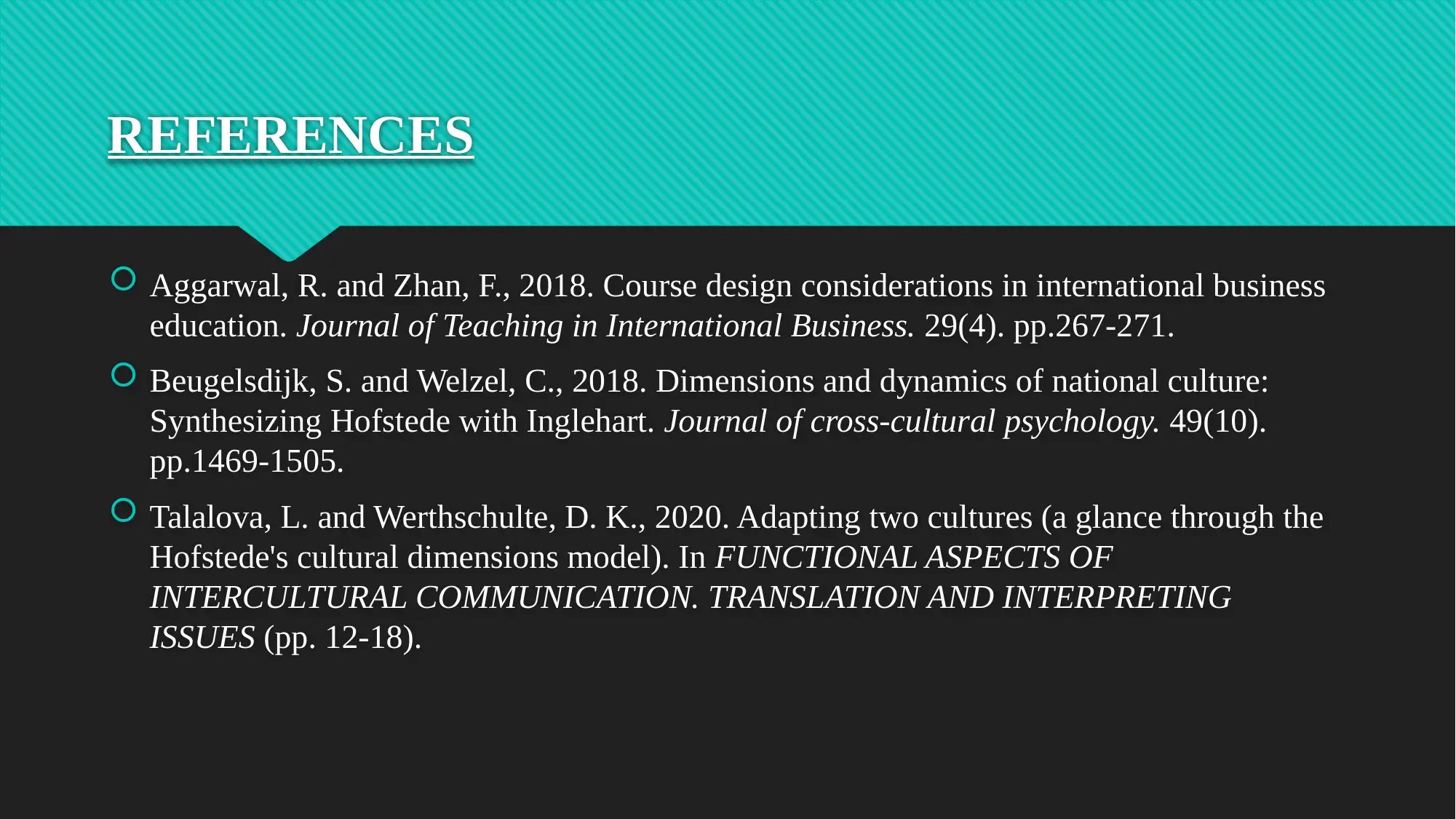







![[object Object]](/_next/static/media/star-bottom.7253800d.svg)